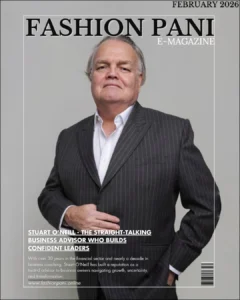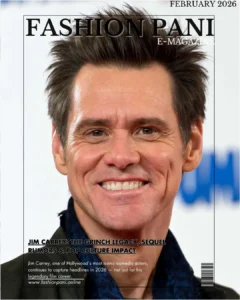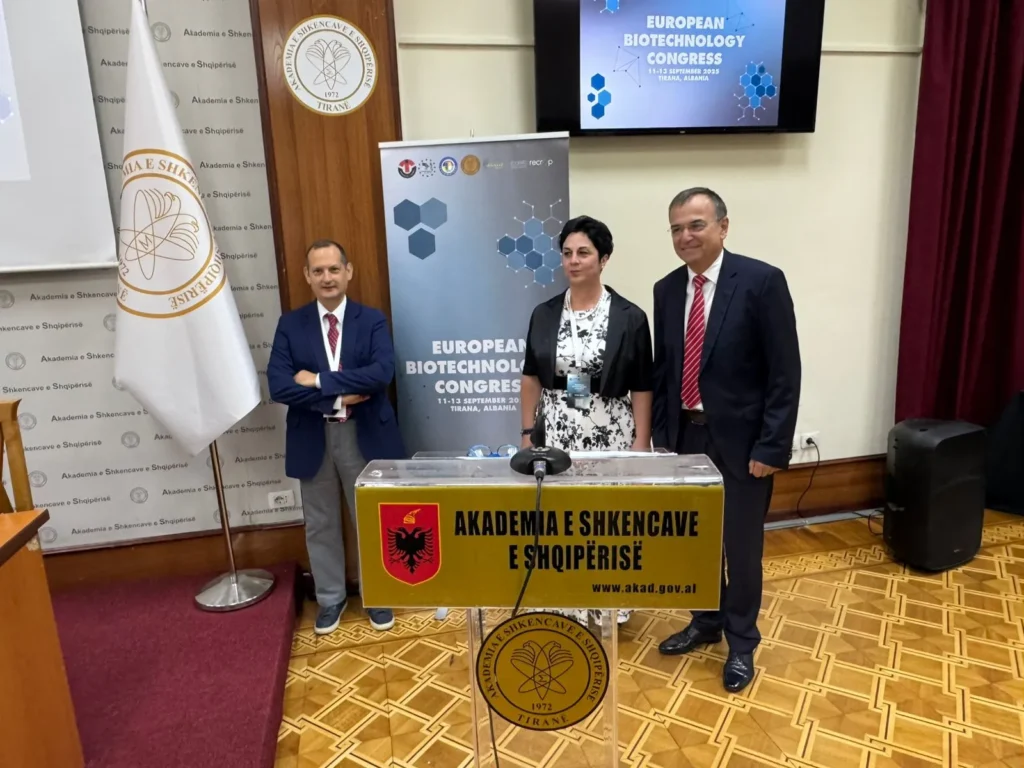
Tirana, September 11–13, 2025 –
The European Biotechnology Congress 2025, organized by EBTNA, the Academy of Sciences of Albania, and the University of Tirana, transformed the Albanian capital into an international crossroads of research and scientific dialogue.
The President of the Congress was Prof. Ariola Bacu, professor of molecular biotechnology at the University of Tirana and member of EBTNA, who emphasized in her opening remarks:
“Biotechnology is the science that allows us to look to the future with concrete tools — from the environment to health, from agriculture to industry. Tirana has shown it is ready to host and foster this international scientific dialogue.”
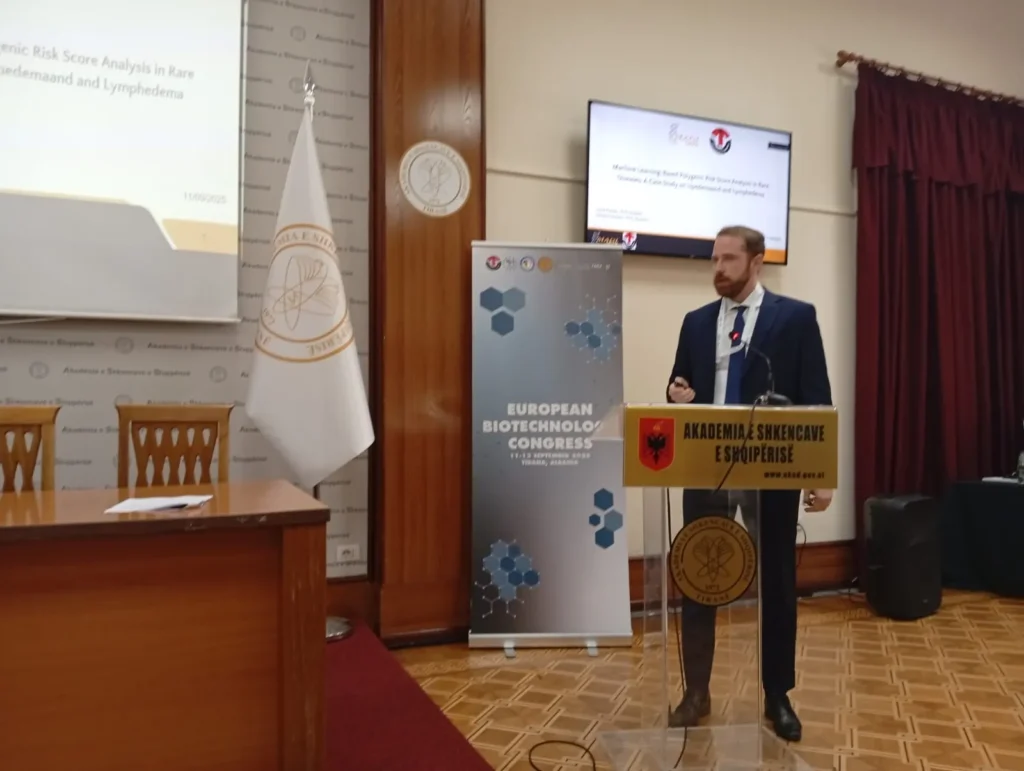
The event was hosted at the Board of the Academy of Sciences of Albania, a clear sign of the institutional importance attributed to this congress, which gathered researchers from over twenty countries and reaffirmed Tirana’s role among the 2025 Mediterranean Capitals of Culture and Dialogue.
Institutional Opening
The congress opened with welcoming remarks from:
- Prof. Ariola Bacu, President of the Congress and professor at the University of Tirana
- Acad. Skënder Gjinushi, President of the Academy of Sciences of Albania
- Prof. Oscar Vicente Meana, Vice President of EBTNA (Spain)
- Mr. Arian Jaupllari, Deputy Minister of Agriculture and Rural Development (Albania)
- Prof. Xheladin Dracini, Rector of the Medical University of Tirana
- Prof. Eglantina Kalluçi, Dean of the Faculty of Natural Sciences, University of Tirana, who noted:
“For Albania, this congress is an extraordinary opportunity to grow our young researchers and strengthen scientific cooperation with Europe and the world.”
- Dr. Matteo Bertelli, President of the MAGI Group
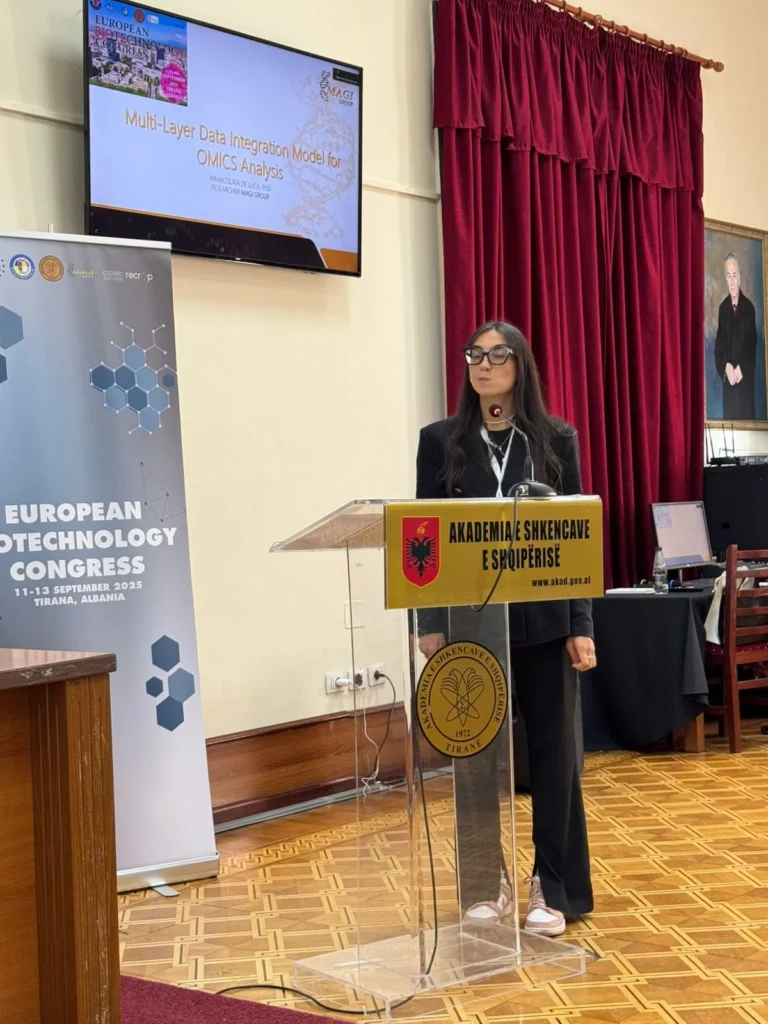
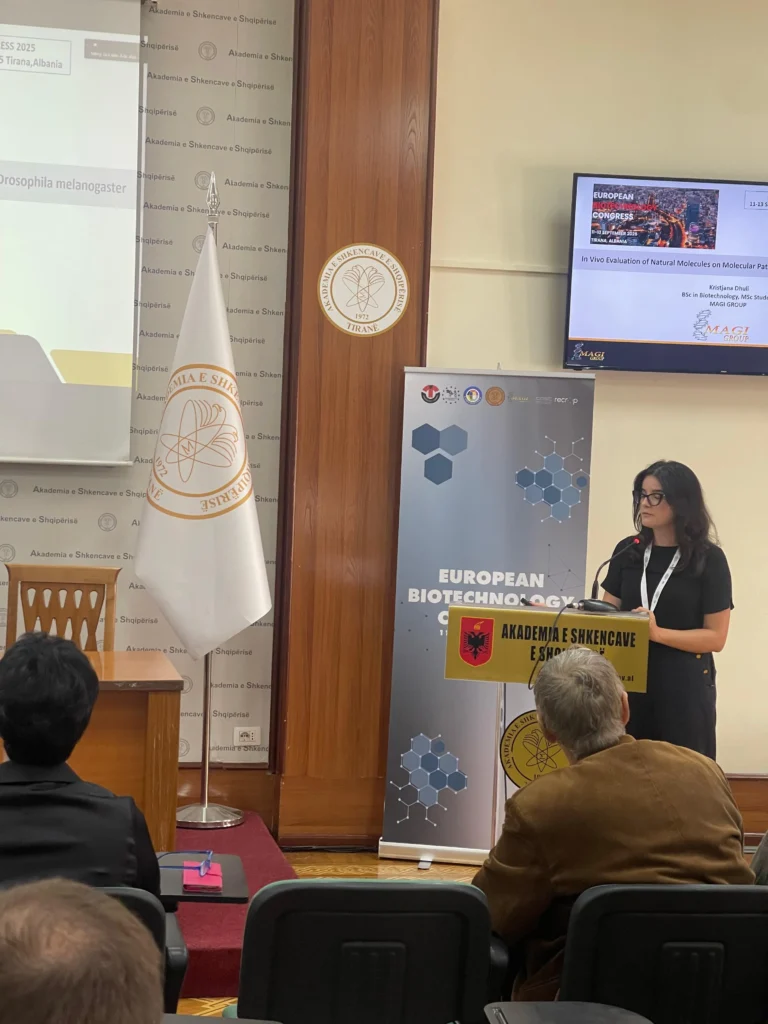
Biotechnology for Sustainable Development in the Balkans
The first plenary session highlighted the strategic role of biotechnology for local and regional development:
- Acad. Prof. Anila Hoda, Secretary General of the Academy of Sciences of Albania,
“Biotechnology for Sustainable Development in Albania’s and Kosova’s Livestock and Aquaculture” - Prof. Anila Babameto-Laku, “Mother Teresa” University Hospital Centre and Medical University of Tirana,
“Genomics in Diagnosis and Treatment of Rare Diseases in Albania” - Prof. Bashkim Ziberi, University of Tetova (North Macedonia),
“Nanoparticle-aided Radiotherapy using Immunogenic Biomaterials in Cancer Treatments” - Prof. Burim Ametaj, University of Alberta (Canada),
“Mining Probiotic Solutions as Alternatives to Antibiotics” - Prof. Hysen Bytyqi, University of Pristina (Kosovo),
“Bridging Science & Society: Biotechnology Innovation and Accessibility in Kosovo” - Prof. Ariola Bacu, University of Tirana,
“Emerging Green and Blue Biotechnologies & Services Prospects at University of Tirana”
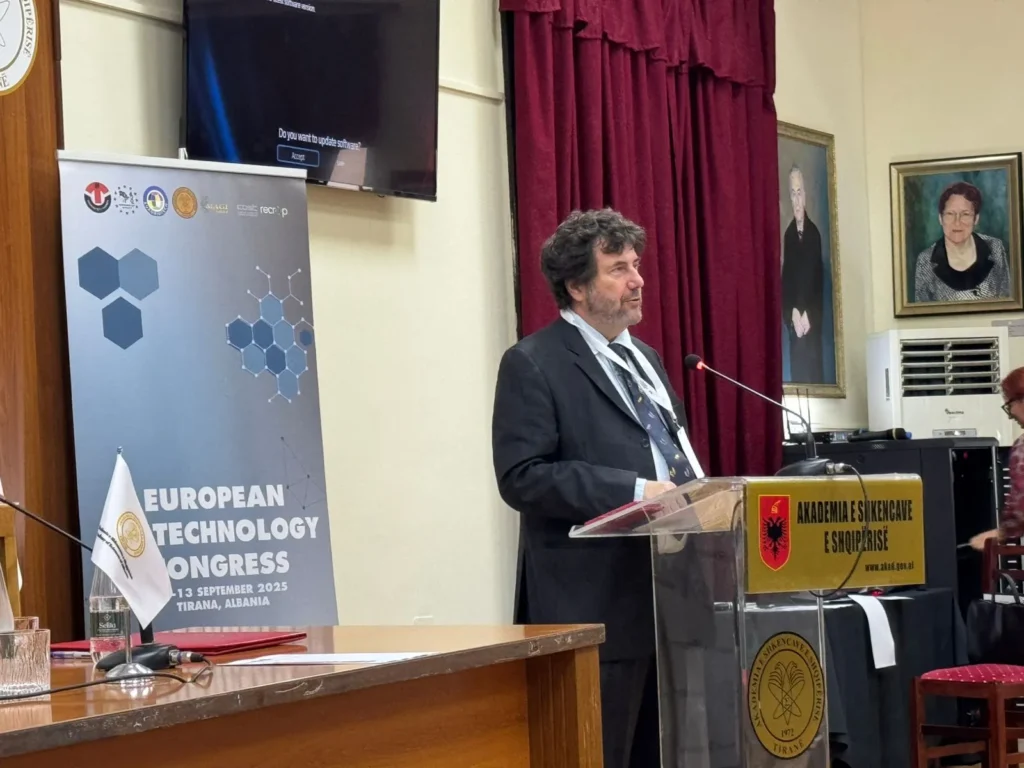
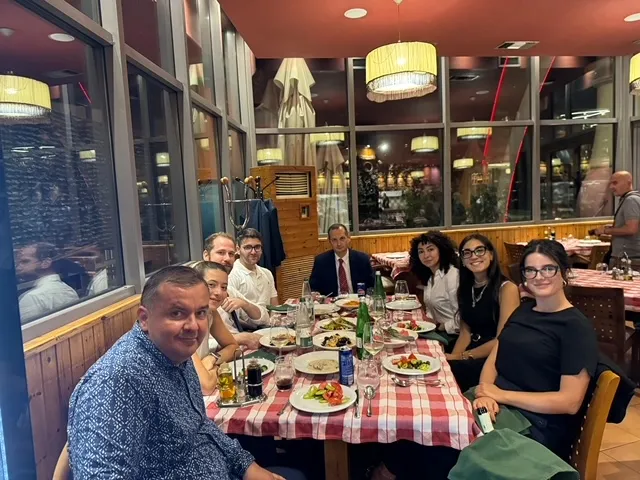
Prof. Bacu reiterated:
“Albania and the Balkans have a responsibility to unite agricultural traditions with emerging biotechnological innovations. This is where part of Europe’s sustainable future will be shaped.”
These contributions were directly aligned with the United Nations Sustainable Development Goals – SDG 2 (Zero Hunger), SDG 3 (Good Health and Well-being), SDG 13 (Climate Action), and SDG 15 (Life on Land) – as well as key policy documents from FAO and WHO concerning food security and public health.
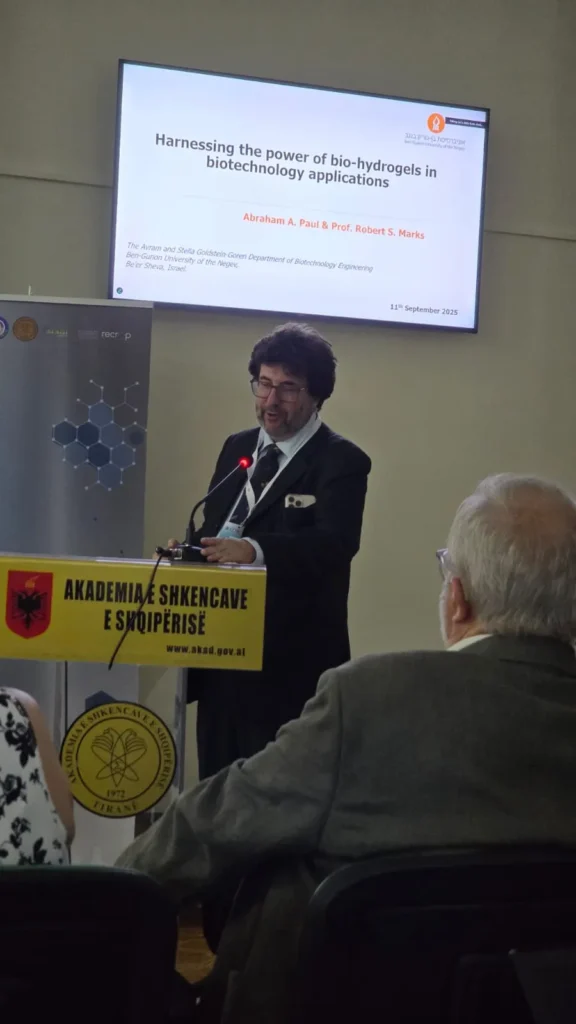
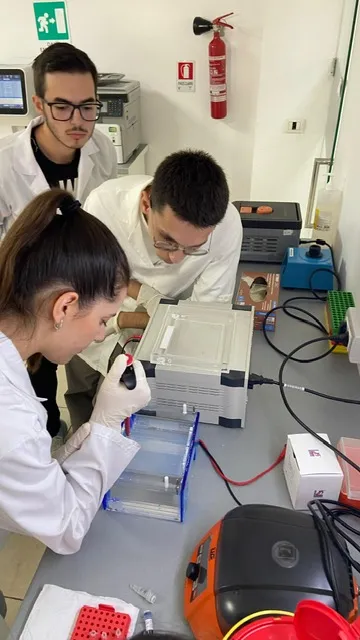
New Frontiers in Medical Biotechnology
The second plenary session, chaired by Prof. Munis Dundar (President of EBTNA, Turkey), featured high-level international presentations:
- Prof. Satya Prakash (Canada/India),
“Microbiome and Longevity: A New Era in Chronic Disease Management”
“The microbiome will become the new heart of preventive medicine: learning to modulate it will mean extending healthy life.”
- Prof. Ratnesh Lal (USA/India),
“Life in Your Hand: Diagnose Yourself Using a Handheld Electrical Molecular Biosensor”
“Putting diagnosis in patients’ hands will fundamentally change the relationship with medicine.”
- Prof. Tristan Cardon (Australia),
“Chasing the Ghost Proteome in Cancer” - Prof. Ercüment Ovalı (Turkey),
“Recent Developments and Current Applications in CAR-T Cell Therapy”
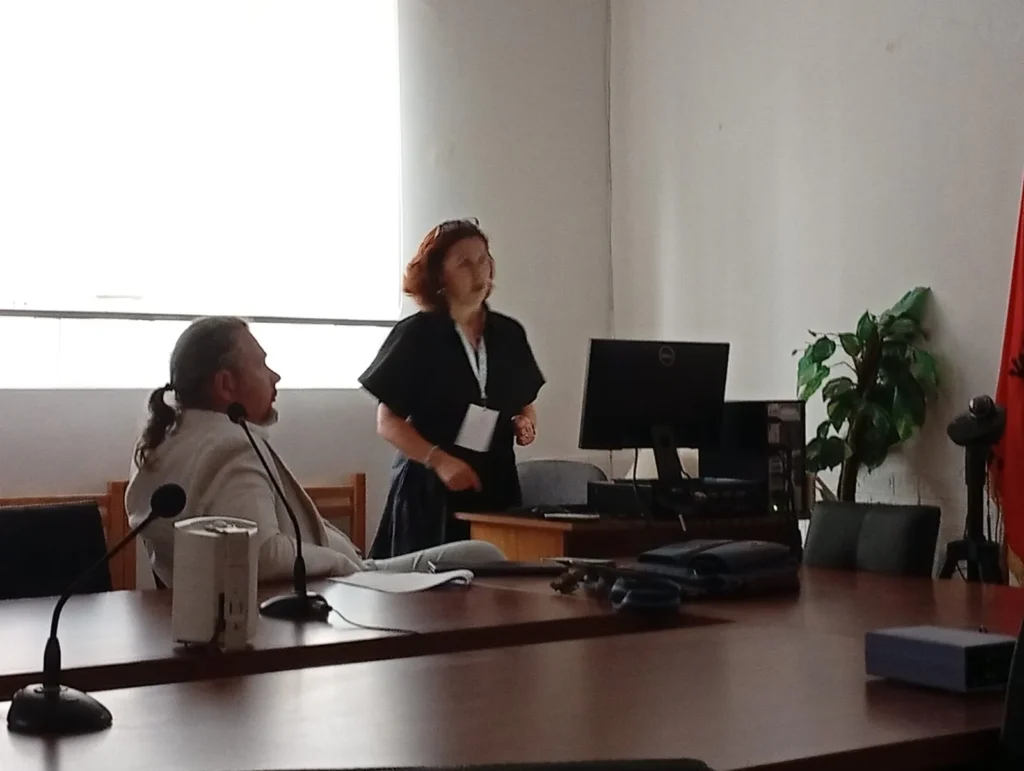
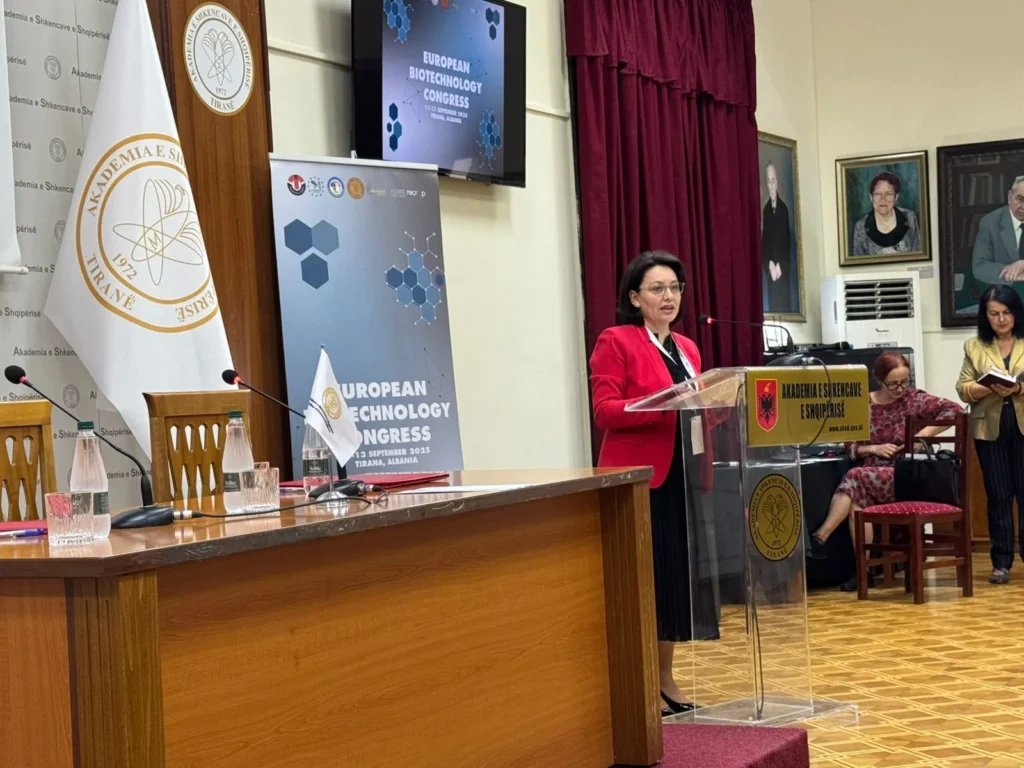
These studies align with WHO’s priorities for Universal Health Coverage and the Health Pillar of the European Green Deal, aiming to reduce inequalities in access to medicines and therapies.
MAGI Balkan’s 10th Anniversary: Bioinformatics and Artificial Intelligence
MAGI Balkan’s 10th anniversary was celebrated with a parallel session coordinated by Dr. Matteo Bertelli, Prof. Tommaso Beccari (Secretary General of EBTNA), and Dr. Natale Capodicasa.
Presentations showcased real-world applications of AI in clinical genetics:
- Ornela Gordani – Machine learning algorithm for polygenic risk scoring
- Luca Ferrari – Predictive models for anorexia, lipedema, and lymphedema
- Jurgen Kaftalli – AI for ACMG variant classification protocols
- Sara Feizyab & Matteo Bertelli – Bioinformatic embedding of genomic data
- Kristjana Dhuli – In vivo models in Drosophila
- Immacolata De Luca & Kevin Donato – Multilayer models for omics data integration
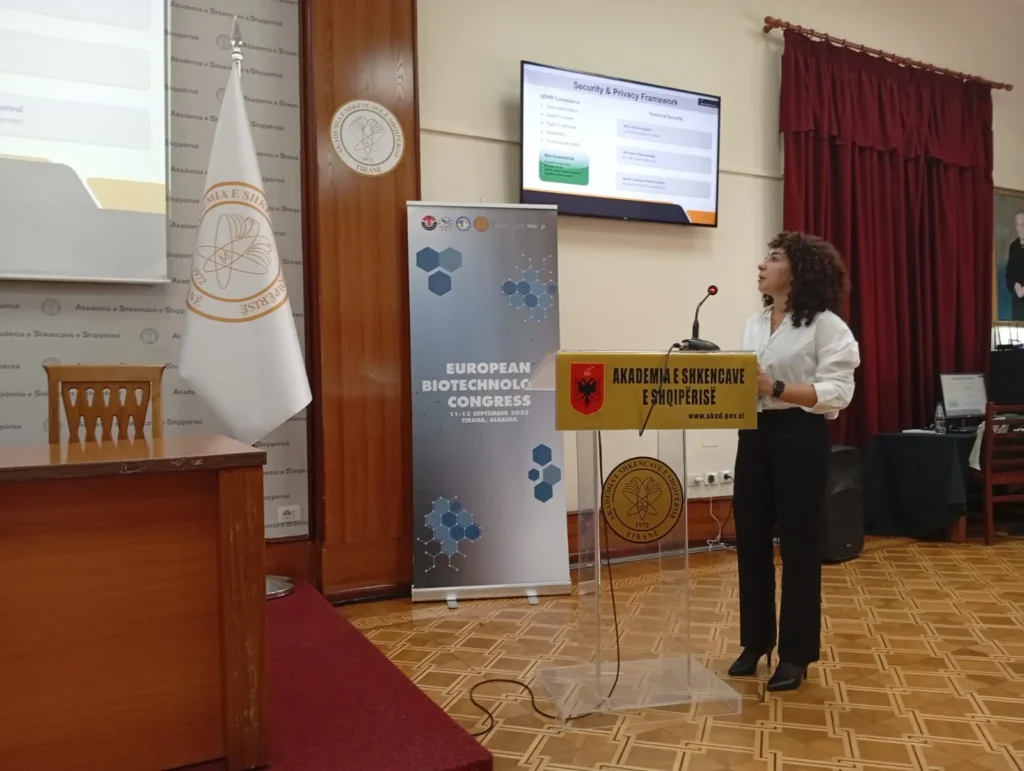
Dr. Matteo Bertelli explained:
“MAGI is an organization with both private, profit and non-profit dimensions. It invests in advanced research while also promoting education. The free course organized by MAGI Balkan for students in Tirana proves our commitment to youth — many of whom go on to build scientific careers across Europe.”
This educational focus aligns perfectly with the Marie Skłodowska-Curie Actions (MSCA) and Erasmus+ projects, which support the international mobility of young researchers and facilitate the transfer of competencies between academia, biotech industries, and the nonprofit sector.
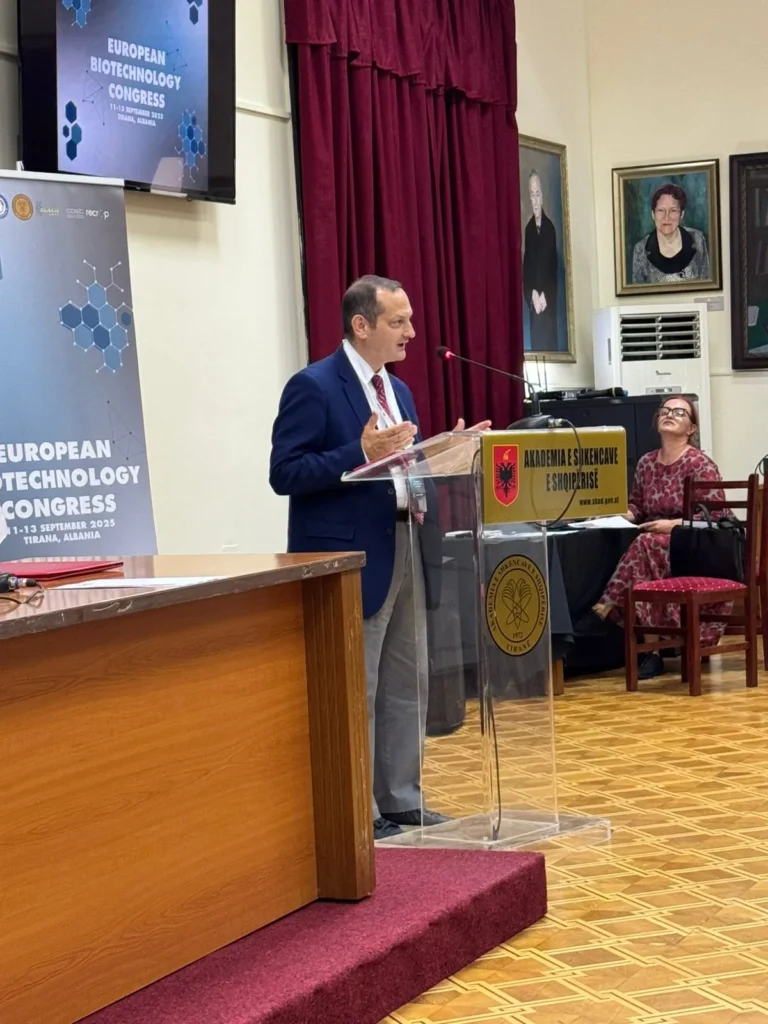
Biosensors and Nanotechnology
Chaired by Prof. Shimshon Belkin (Israel), this session featured major contributions:
- Shimshon Belkin – “Remote Sensing of Buried Landmines by Microbial Bioreporters”
- Prof. Robert Marks (Israel) – Microbial biosensors for safety and environmental monitoring
- Gal Carmeli – Optical biosensors for environmental tracking
- Fred Narcross – Collaborative tools in biotechnology
- Abraham Paul – Applications of bio-hydrogels
- Evgeni Eltzov – Cellular biosensors for pollutant detection
- Arjan Korpa (Kosovo) – Hybrid TiO₂ catalysts
- Liridon Berisha (Kosovo) – Electrochemical biosensors for contaminants
These studies reinforce SDG 6 (Clean Water and Sanitation) and SDG 14 (Life Below Water), highlighting biotechnology’s potential as both an environmental safeguard and industrial enabler.
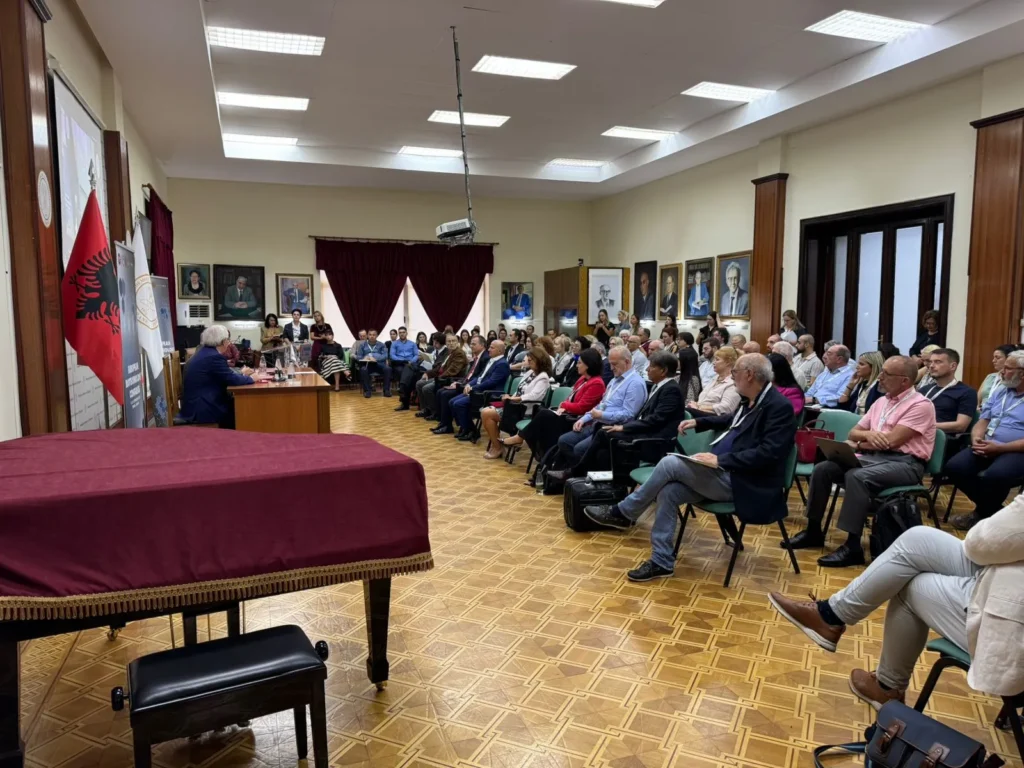
Biocatalysis and Biopolymers
Chaired by Prof. Gary Henehan and Prof. Adam Mechler, the session included:
- Gary Henehan – “Biocatalytic Activation in Deep Eutectic Solvents”
- Prof. Iza Radecka (United Kingdom) – “Microbial Polymer of Poly-γ-glutamic Acid”
“Biopolymers are a real answer to the plastic crisis. They fit perfectly within the European Green Deal, FAO’s circular economy strategies, and WHO’s goals to reduce harmful environmental exposures.”
“Researcher mobility through Erasmus+, Horizon Europe, and the Marie Curie Actions is essential: without these collaborative networks, science would remain locked in labs instead of becoming innovation for society.”
- Polona Žnidaršič Plazl & Igor Plazl (Slovenia) – Enzyme microreactors and parallel microbioreactors
- Adam Mechler (Australia) – Fluorescence correlation spectroscopy for natural product analysis
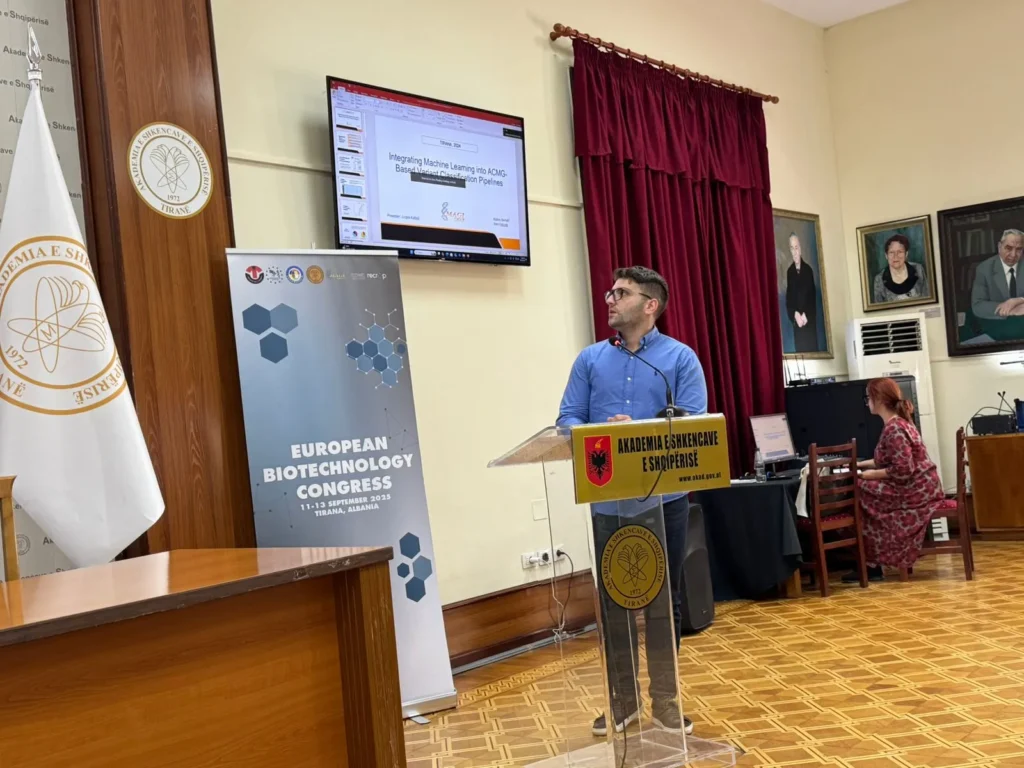
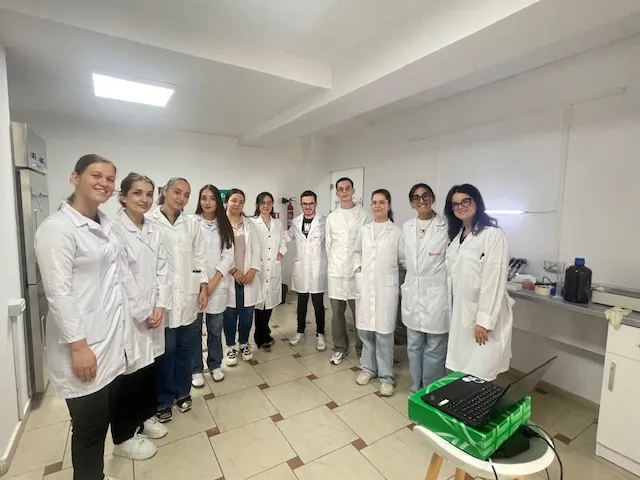
EBTNA and the European Dimension of Biotechnology
The congress reaffirmed the role of the European Biotechnology Thematic Network Association (EBTNA) as a platform that integrates research, education, and innovation.
Prof. Tommaso Beccari highlighted:
“EBTNA is not just a scientific association: it’s a European tool that connects Horizon Europe, Erasmus+, COST, and the Marie Curie Actions. Our mission is to translate research into impact by building structured synergies between academia, biotech industries, and NGOs.”
This vision aligns with SDG 17 (Partnerships for the Goals), which identifies collaboration as a key driver of global sustainability.
Conclusions: Science Without Borders
The Tirana Congress offered an extraordinary overview of:
- Precision medicine (CAR-T, microbiome, diagnostic biosensors)
- Environmental and green biotechnologies (aquaculture, sustainable agriculture)
- Bioinformatics and AI (predictive algorithms and multilayer models)
- Biopolymers and industrial biotech (bioplastics and microreactors)
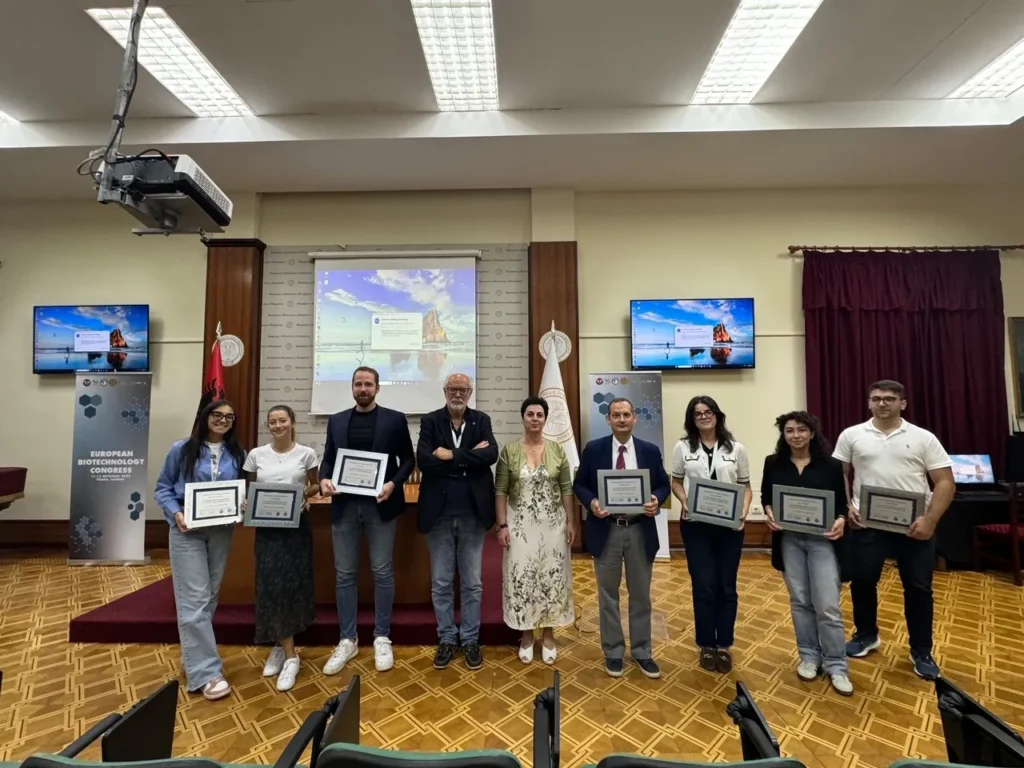
As Prof. Oscar Vicente (Vice President of EBTNA, Spain) concluded:
“The strength of biotechnology lies in international collaboration. Only by uniting diverse skills and cultures can we tackle global challenges — in line with the goals of the UN 2030 Agenda, the WHO and FAO strategies, and the European Green Deal.”



